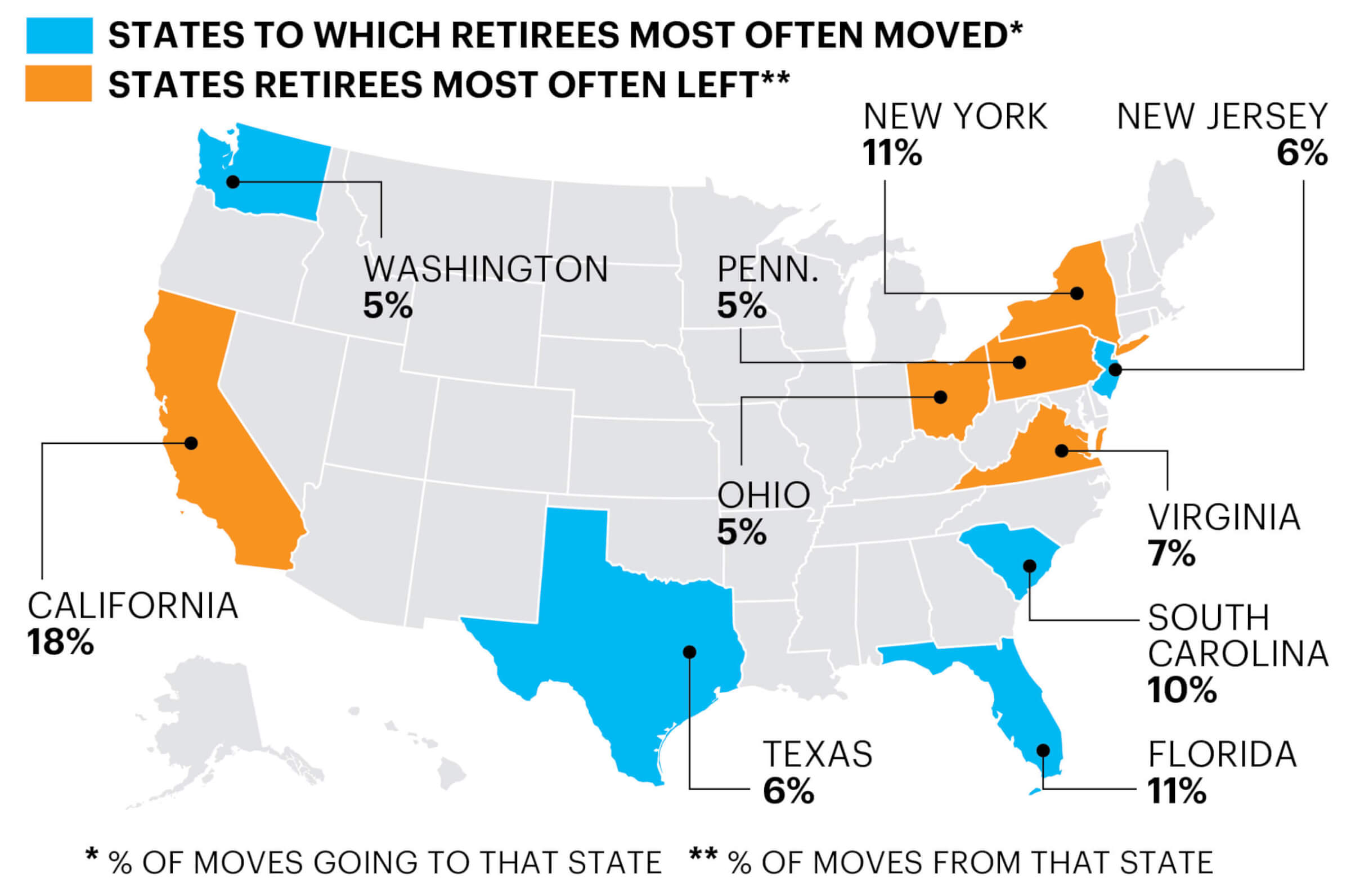In the News
FIGHTING HIGH DRUG PRICES
FDA: FLORIDA CAN BUY DRUGS FROM CANADA

For the first time, the U.S. Food and Drug Administration (FDA) in January approved a state program to import prescription drugs from Canada, where the prices for many life-sustaining medications are far lower than in the United States.
The approval allows Florida’s health agency to begin putting in place a drug importation process for some state health programs.
“The FDA approval is evidence that efforts to allow states to safely import prescription drugs from Canada are moving forward,” says Leigh Purvis, AARP prescription drug policy expert. “This is part of a growing list of efforts to try and reduce prescription drug prices.”
As one example, people with Medicare drug coverage will no longer have to pay any out-of-pocket costs this year after they qualify for catastrophic coverage, thanks to the Inflation Reduction Act passed in 2022. In 2025, a $2,000 out-of-pocket cap on Medicare-covered drugs will take effect under the law.
The approval of Florida’s application is just the first step in the drug importation process. The pharmaceutical industry has strongly opposed such efforts and is expected to legally challenge the latest plans. Canadian officials have expressed concerns that importation programs could threaten the drug supply in their country.
The drugs won’t initially reach pharmacy shelves. Florida plans to import medicines in bulk for state health programs, prisons and eventually Medicaid members. The FDA set conditions that must be met before Florida can start its program.
The state “must demonstrate the programs would result in significant savings to consumers without adding risk of exposure to unsafe or ineffective drugs,” said FDA Commissioner Robert M. Califf.
MEDICARE LIMITS PRICE HIKES FOR 48 DRUGS
Medicare enrollees may pay less out of pocket for 48 prescription drugs whose prices are rising faster than inflation.
The drugs were on the latest list issued by the Centers for Medicare & Medicaid Services (CMS) in December as part of a law that limits price hikes for drugs covered by Medicare Part B to the annual increase in the Consumer Price Index.
Drugmakers who raise their prices higher have to pay a penalty in the form of a rebate to Medicare.
Drug companies won’t have to pay the rebates until 2025. But the 20 percent coinsurance that consumers are charged is based on what the drugs would cost if price hikes were held to the inflation rate.
Older Americans On the Move

More than 338,000 older Americans retired to a new home in 2023, a quarter of them settling in a different state, according to U.S. Census Bureau data analyzed by online moving services company Hire A Helper.
Not surprisingly, Florida and Texas drew lots of retirees. But so did New Jersey. People left California and New York—but also Virginia and Ohio.
FCC Mandates New Labels for Broadband Data

Americans shopping for high-speed internet may soon be able to read a service’s specifications in the same way they scan a box of breakfast cereal.
Beginning April 10, the Federal Communications Commission (FCC) will require internet service providers (ISPs) with more than 100,000 subscribers to provide basic information for anyone shopping for a broadband wireless plan, similar to the way the Food and Drug Administration requires Nutrition Facts labels on food and drinks.
The labels will apply to at-home internet and wireless broadband plans for new customers.
Companies must list their name and plan, the monthly price, any additional charges and terms, discounts and the speed data will be delivered, expressed in megabits per second. They must display the labels where plans are sold, which includes websites, provider-owned stores and other retail outlets.
“By requiring that providers display introductory rates clearly, we are seeking to end the kind of unexpected fees and junk costs that can get buried in long and mind-numbingly confusing statements of terms and conditions,” the FCC’s chairwoman, Jessica Rosenworcel, said in a statement. “You shouldn’t have to be a lawyer to know just what is in your internet service plan or an engineer to understand just how your provider is treating your data.”
Learn more at aarp.org/labels.
SHARED STRESS?

SHARED STRESS? If one partner in a heterosexual pair has high blood pressure, the other often does too, according to research published in the Journal of the American Heart Association. The study found the link in the U.S., England, China and India. More than 35 percent of U.S. couples shared high blood pressure.